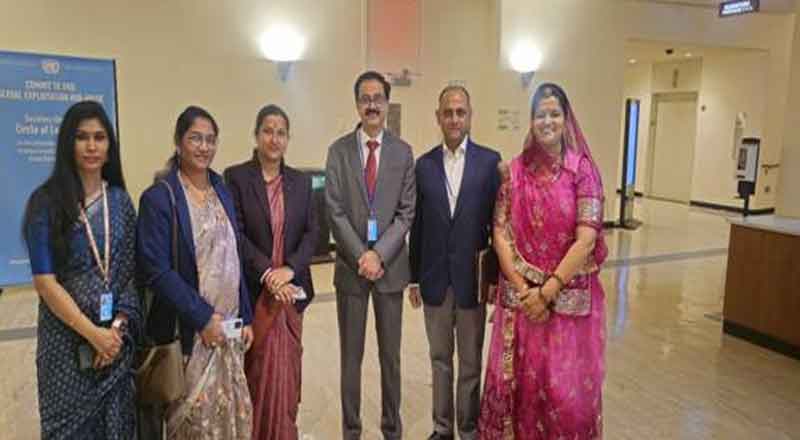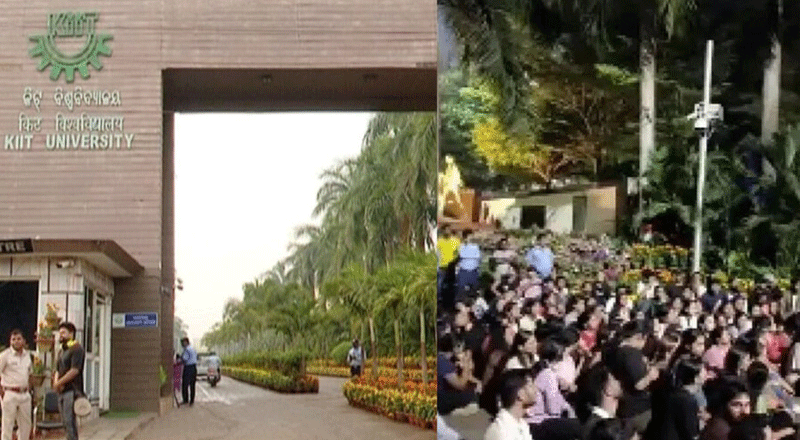marked a momentous occasion as the powerful voices of women representatives resonated within the hallowed halls of the United Nations Headquarters. Elected women representatives (EWRs) from India’s Panchayati Raj Institutions took centre-stage at the CPD57 Side Event titled “Localizing the SDGs: Women in Local Governance in India Lead the Way”, captivating the audience with their inspiring stories and transformative initiatives. Three iconic women Panchayat leaders – Smt. Supriya Das Datta, Smt. Kunuku Hema Kumari and Smt. Neeru Yadav – inspired with their ground-breaking work empowering women and girls through initiatives ranging from combating child marriage, promoting education, financial inclusion, livelihood opportunities, environmental sustainability, and sports. Their stories exemplified the tenacity and impact of women’s leadership in realizing the SDGs.
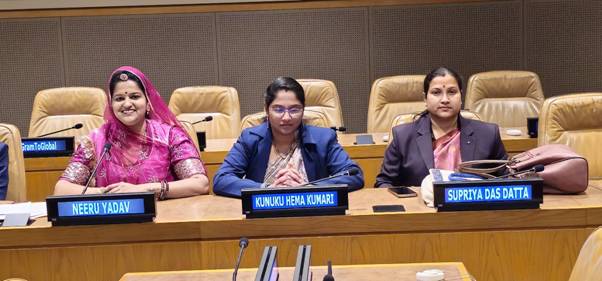
The Permanent Mission of India to the United Nations and the Ministry of Panchayati Raj jointly organized the Side Event in collaboration with the United Nations Population Fund (UNFPA) on 3rd May, 2024 at the UN Headquarters Secretariat Building in New York. The Side Event was organized as a part of the fifty-seventh session of the United Nations Commission on Population and Development (CPD57).
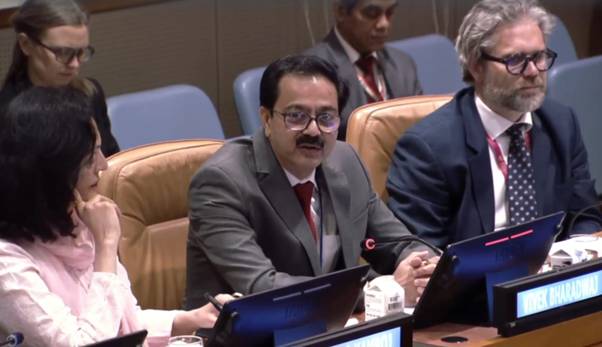
Ambassador Ruchira Kamboj set the tone for the event, highlighting India’s unique Panchayati Raj system as a beacon of decentralized power and direct democracy. Ambassador Ruchira Kamboj set the context by highlighting India’s unique system of decentralized rural local self-government through Panchayati Raj as a sterling example of direct democracy that facilitates active people’s participation. With more than 1.4 million Elected Women Representatives (EWRs), India’s journey with Panchayati Raj system is a narrative of empowerment, inclusion and progress particularly highlighting the strides made in women’s leadership. Ambassador Kamboj emphasized the meticulous alignment of local planning processes with the Sustainable Development Goals (SDGs), with a special focus on addressing women’s issues.
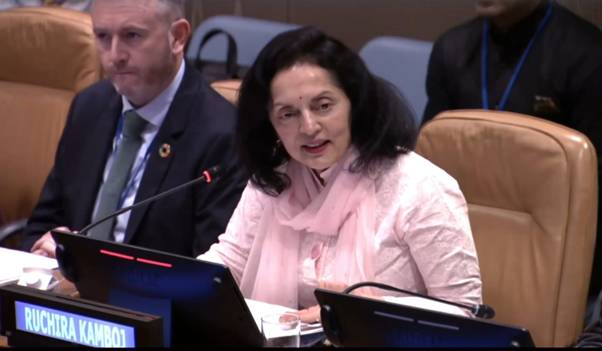
Shri Vivek Bharadwaj, Secretary, Ministry of Panchayati Raj, while shedding light on the robust democratic system in India and rich and old tradition of rural local self-government making India as ‘mother of democracy’, emphasized India’s commitment to empowering women in local governance, with over 46% of elected representatives being women; and how Gram Panchayats are localizing the SDGs through thematic annual plans backed by resources and technological interventions like geo-tagging, Audit Online for transparency and initiatives like Panchayat Development Index to assess the overall holistic development, performance and progress of Panchayats. Empowering women at the grassroots level is pivotal for the advancement, vibrancy, and deepening of democracy and accelerating progress on the SDGs, added Shri Bharadwaj. He highlighted the innovative approaches taken by Panchayati Raj Institutions in leveraging technology for development and policy interventions to ensure economic empowerment, citing examples like “Drone Didi” and “Lakhpati Didi” initiatives of the Central Government.
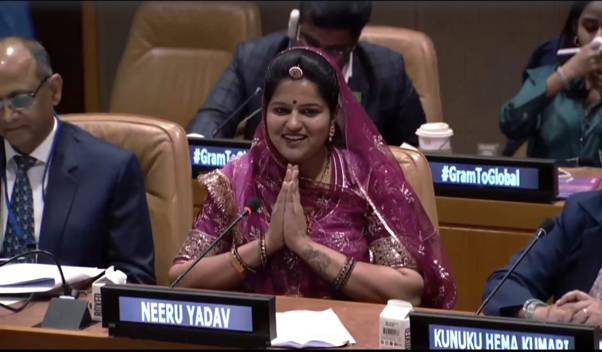
The event featured impactful interactive presentations by three iconic women Elected Representatives namely Smt. Supriya Das Datta from Tripura, Smt. Kunuku Hema Kumari from Andhra Pradesh, and Smt. Neeru Yadav from Rajasthan, who shared their experiences and innovations in local governance and advancing the Localization of SDGs in many thematic areas. From combating child marriages to promoting health, education, livelihood opportunities, and environmental sustainability, these women exemplified the transformative power of grassroots leadership. They articulated the challenges and struggles they faced and overcome in their journey of leadership.
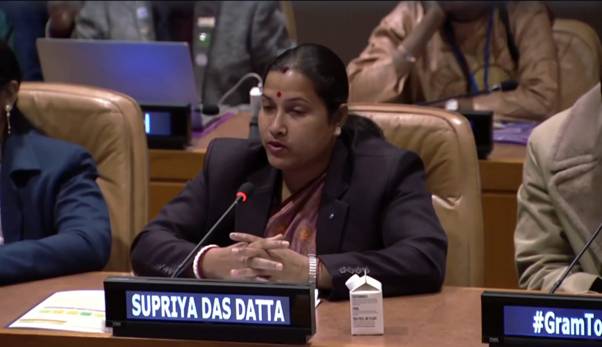
Smt. Supriya Das Datta highlighted initiatives aimed at empowering women and girls, including the construction of separate restrooms in government offices and the exponential growth of Self-Help Groups (SHGs) from 600 to almost 6,000 under her leadership. She underscored the importance of initiatives aimed at amplifying women’s voices and ensuring that their issues are not only heard but also acted upon, highlighting the impactful initiative – ‘Your Story Must Be Told’.
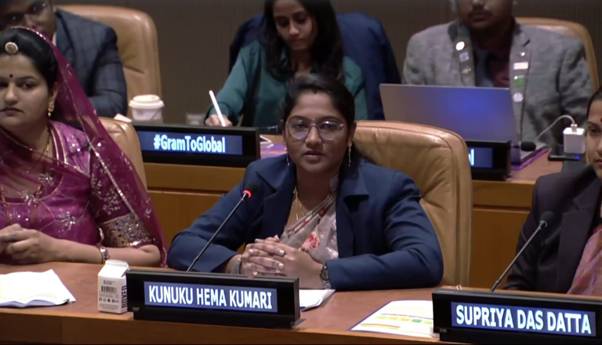
Smt. Kunuku Hema Kumari emphasized the importance of creating an enabling environment for women through access to health, education, and financial resources, driving towards financial independence and higher education.
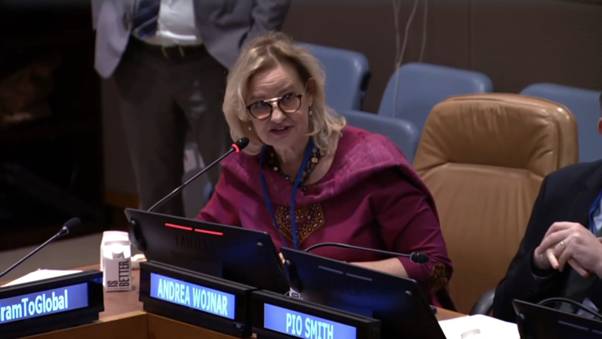
Smt. Neeru Yadav showcased initiatives promoting environmental sustainability, including the Swachh Bharat Abhiyan and efforts to curb plastic usage, demonstrating the critical role of women in building a cleaner and greener future. She mentioned her efforts and successes in inculcating sporting sprit among the girls and nurturing leadership in them.
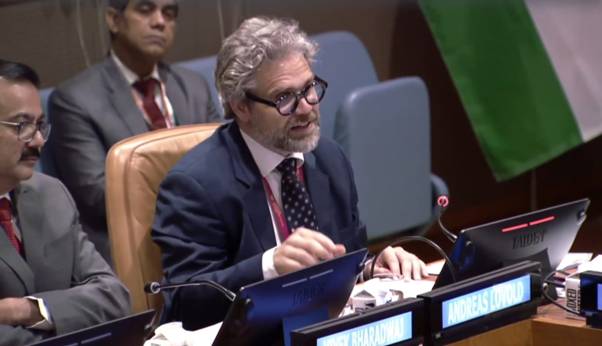
The event witnessed keynote speakers including Deputy Permanent Representative of Norway to the United Nations Ambassador Mr. Andreas Lovold, and representatives from UNFPA, including Mr. Pio Smith, UNFPA Asia Pacific Regional Director, Ms. Diene Keita, Deputy Executive Director (Programme), UNFPA and Ms. Andrea M. Wojnar, UNFPA India Representative, who commended India’s efforts in advancing gender equality and localizing the SDGs.
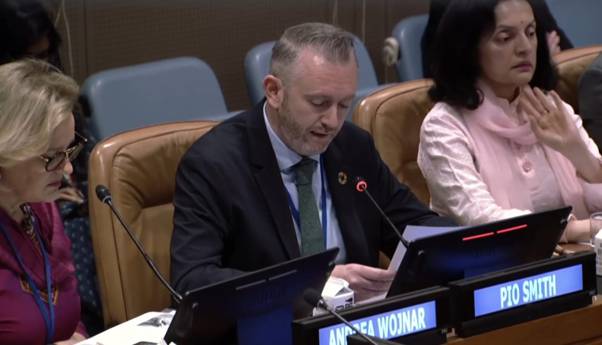
The Deputy Permanent Representative of Norway to the United Nations Ambassador Mr. Andreas Lovold highlighted the importance of women’s leadership in local governance as a catalyst for development, particularly in economic development. He emphasized Norway’s experience with women’s leadership in local governing bodies and the positive impact and results it has yielded. Also, he praised India’s women-led development as an inspiration to the global community.
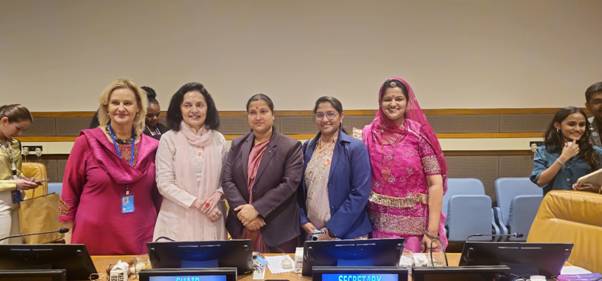
UNFPA Regional Director Mr. Pio Smith commended India’s robust progress in reducing inequalities through transformative women’s leadership at all levels. Noting this is both a moral imperative and strategic necessity, he emphasized UNFPA’s role in promoting gender-sensitive policies and capacity building of women leaders. Ms. Andrea M. Wojnar, UNFPA India Representative highlighted that India’s success is crucial for the world’s success in achieving the SDGs, stating that If India succeeds, then the world succeeds in achieving the SDGs. She also commended the brochure on the Panchayat Development Index brought out by the Ministry of Panchayati Raj. Shri Alok Prem Nagar, Joint secretary, Ministry of Panchayati Raj underlined that the fervor, zeal, and commitment of elected women representatives of Panchayats serve as a beacon, inspiring and influencing others to speed up action on the SDGs.
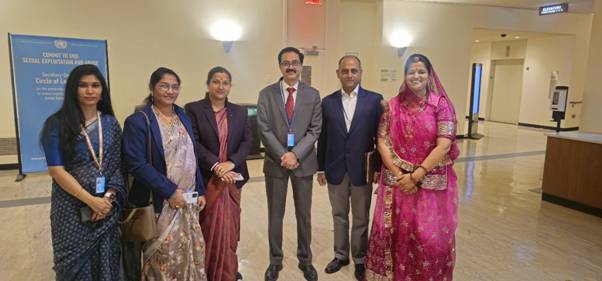
The CPD57 Side Event underlined the invaluable contributions of women in local governance towards achieving the SDGs. It sparked a global demand for exporting India’s Panchayati Raj model as an effective system of local governance, inviting interested foreign delegations to witness the brilliance and innovation of India’s Panchayati Raj system and Panchayati Raj Institutions firsthand. The CPD57 Side Event created global demand to learn from and institutionalize the successful Panchayati Raj model of local governance led by women. As Ambassador Kamboj stated, this system has revolutionized development with women at the forefront across health, education, sanitation and livelihoods in India.


